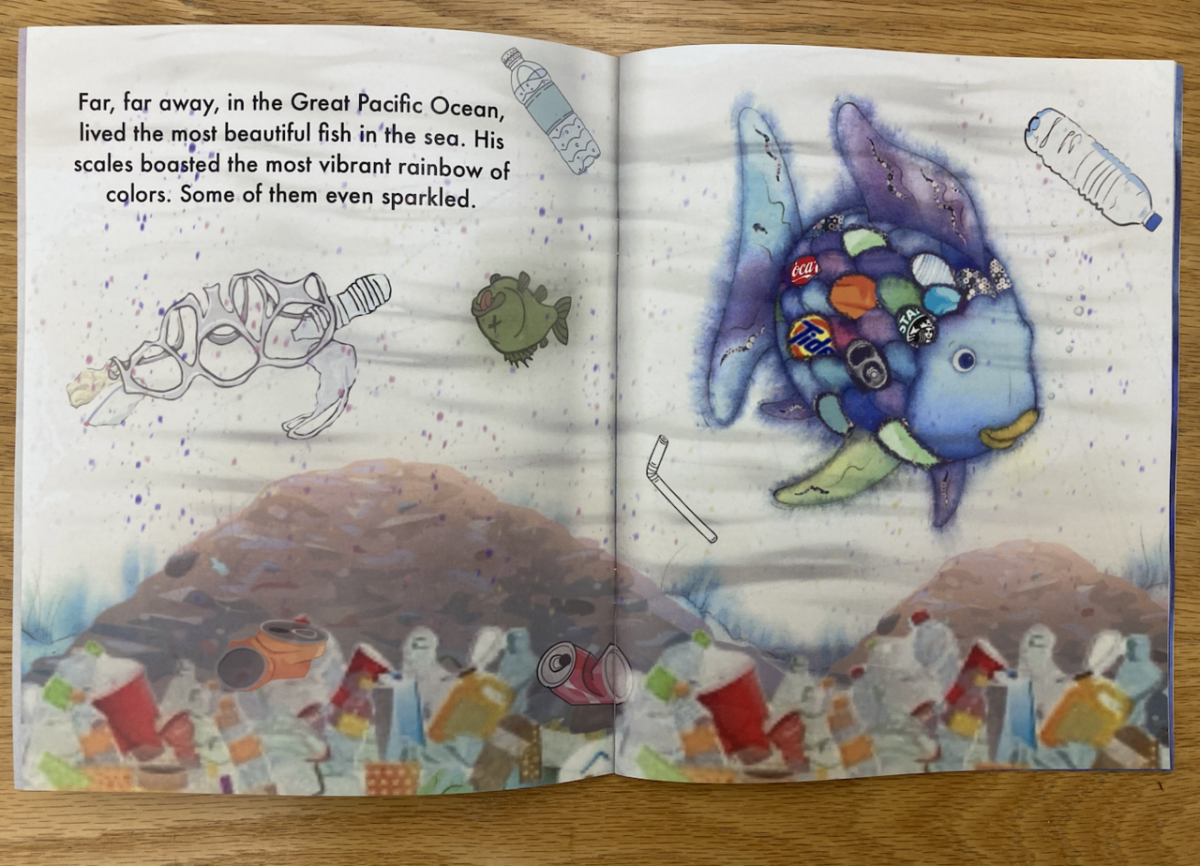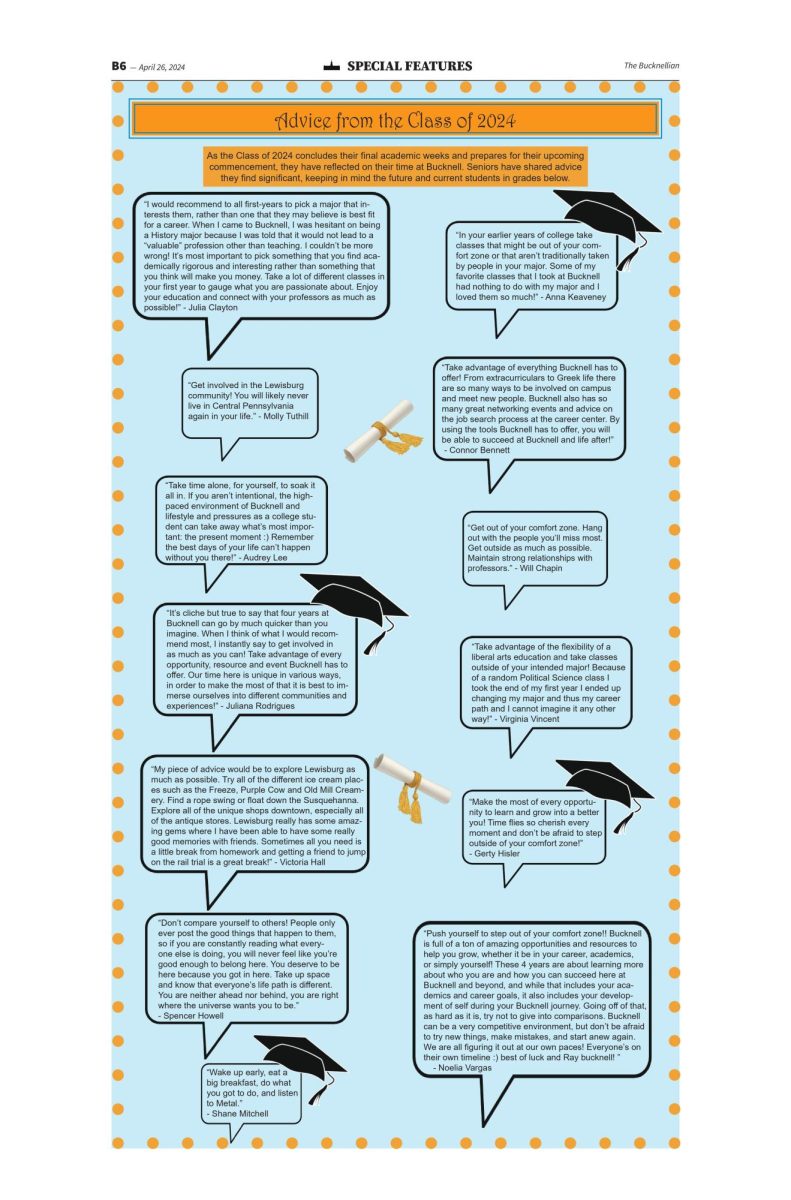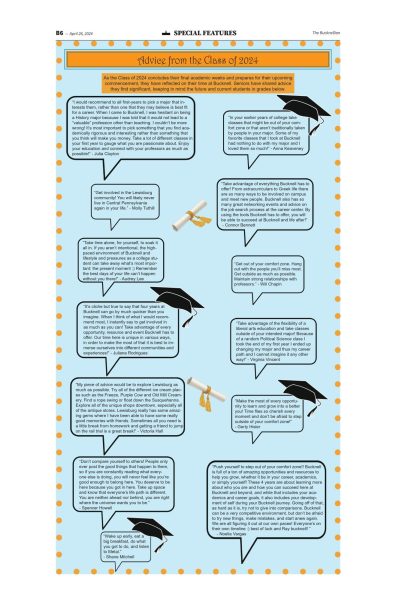Free speech, but not your opinion
February 11, 2022
Last semester, I wrote an opinion article about Jordan Peterson’s then-impending visit to campus, and the larger, more concerning affliction that permeates our campus – the Open Discourse Coalition. In response to this article, I was berated by (mostly adult) Peterson fans, students, alumni, and faculty alike.
The messages, comments, and discourse following the article made me deeply reluctant to express myself on controversial subjects. I embraced readers challenging my opinion and their critiques, but the attacks on my character and relentless, baseless judgment struck a deeper and more permanent chord. With every notification of a new comment, I fell further into diffidence and fear of reprisal. I second-guessed my favorite color; I could not decide what to eat; and I certainly struggled to formulate an opinion for my section.
As my doubt augmented, the article gained more traction. Jordan Peterson tweeted a link to my article days before coming to campus, entreating his roughly one million followers to latch onto and relentlessly impugn every word of my article. Peterson, a sixty-year-old clinical psychologist with a near-global following, felt it necessary to sick his ravenous fanbase on a teenage college student’s article. Peterson knowingly set me up to be slandered, defamed, and insulted on a global stage. The profoundly unbalanced power dynamic between Peterson & his defenders and myself brought the situation beyond valid criticism to mean-spirited and inappropriate bullying.
Despite feeling I had lost the ability to form an opinion, I knew writing a follow-up was non-negotiable. I knew I needed to write a well-informed, focused article to preserve my journalistic integrity and the semblance of confidence I retained. As I listened to his existential tangents, an empty feeling grew in my stomach. I knew I had wasted an incredible amount of energy, mental and physical alike, on the ambling digressions of a man who could barely stay composed on stage.
There were various reasons I waited for an hour to shake Jordan Peterson’s hand and apologize: a degraded self-image, self-preservation, external pressure and a feeling of closure. As I mumbled “I apologize,” I felt a fearful nausea that generally accompanies a complete lack of sincerity. I did not owe Jordan Peterson an apology; I should have been demanding one.
As I was writing my follow-up article, a faculty member posted on Minding the Campus: Reforming our Universities. The article hyperlinked my original Jordan Peterson article along with other current and past Bucknellian writers. The spotlight caused still more traffic while I was working on the most challenging opinion piece I had written to date. Infuriated by the indirect tone of the article, I emailed them. I respectfully wrote: “I certainly was angry. However, my feelings are not hurt and I would much prefer to have a conversation about facing disagreement and conflict. If you’re interested in opening up that conversation, I would love to meet with you.” I was met with the most belittling response. The author acted as though I had finally reached some epiphany, one that could only come about through unyielding bullying and harassment for expressing myself. Instead of accepting my extension to understand the opposing viewpoint and have the crucial conversation – something he regularly if insincerely trumpets as essential to “open discourse” – the faculty member refused to meet. He instead encouraged me to take one of his classes in the coming semester.
The faculty member failed to recognize the utter cruelty of introducing student articles to a vast audience of strangers and was adamant about the necessity for our intellectual awakening even as he refused to have a conversation with the other side. That is certainly an ineffective strategy for encouraging dialogue, but fantastic at silencing any student wishing to express their opinion.
The irony is that a fraction of the readers who felt so transgressed upon by my initial article even acknowledged the follow-up; I can say with near certainty that neither Peterson nor the referenced faculty member read the piece. The intention of this article is consequently to highlight the hostility and discouragement I was actually met with for expressing my opinion, and to inquire whether such behavior actually reflects the ODC’s supposed advocacy of “free speech” reflected in their endorsement of the “Chicago Principles.” More importantly – I am rescinding my apology.
























Raleigh Singer • Feb 14, 2022 at 3:41 pm
I am shocked to hear about your experience, and so deeply disappointed in our school – when staff are attacking students in any way, you know we’ve lost sight of our goal here.